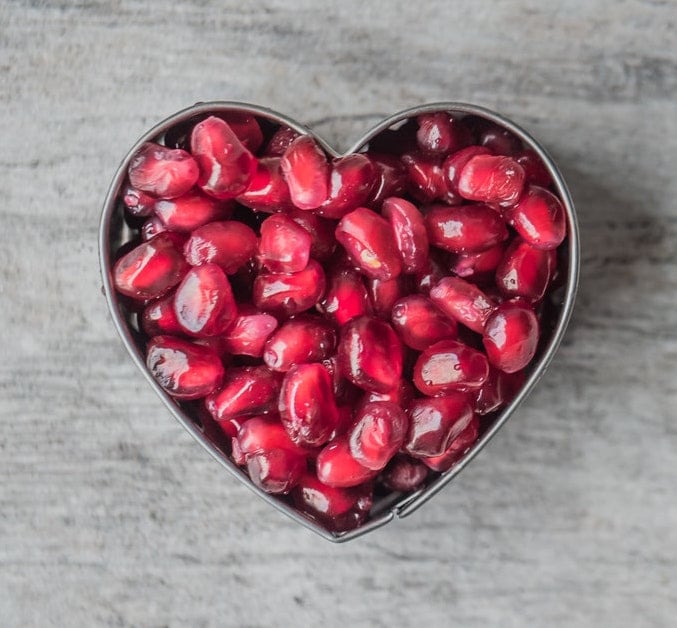There’s no denying it. Ireland is a high cholesterol nation. We have the world’s tastiest butter, beef and your most easily accessible foods from snacks to takeaway dinners can be very high in cholesterol. This makes combatting high cholesterol issues extremely difficult in Ireland. If you’ve been diagnosed with high cholesterol or your doctor has warned you that levels higher than average there are a number of changes to your diet that will help dramatically.
What is cholesterol and why does it matter?
Cholesterol is a fatty substance found in your blood, and while your body needs it to function, too much can cause problems. High cholesterol leads to plaque buildup in arteries, increasing the risk of heart disease and stroke. Normal cholesterol levels in Ireland can vary, but high cholesterol is a common health concern here, partly due to the nation's love for butter, dairy, and red meat. Understanding what foods are high in cholesterol can help you manage your intake and maintain a balanced, heart-healthy diet.
Foods high in cholesterol
Butter and dairy
Is butter bad for you with high cholesterol? Yes. It’s saddest thing to write, but despite the reality that Irish butter is the best in the world, it is one of the worst contributors to cholesterol problems. Unfortunately just reaching for margarine instead isn’t perfect. Some margarine’s offer lower calories, but include trans fats, that at the end of the day aren’t much better for your heart. Look for the latest plant sterol / stanol containing margarines that also promote their positive cholesterol reducing properties.
It’s good to also consider what else you may be eating that is mass produced and heavily reliant on butter. Baked snacks are not your friend here. Your muffin addiction has to go, and so do those delicate and delicious buttery croissants.
Following on from butter, just about all-dairy products are high in cholesterol. Considering using milk alternatives such as oat or soya milk with your coffee to go. And cheese might be best thing in the world, but not doing much good for your heart or your waistline. If you just can’t live without cheese, consider low fat cottage or cream cheese, which as a result of lower or completely removed milk-fats is also lower cholesterol. Personally, I resorted to a ‘cheat day’ (aka cheese day), which despite giving-in once in a whole, still means I have greatly reduced my cheese intake.
Red meat & shellfish
Red meat, especially steak, is another common culprit. Consuming red meat daily can elevate your cholesterol levels, so consider replacing it with leaner options like chicken or fish. Are prawns high in cholesterol? Yes, prawns do contain moderate cholesterol levels, but they are also low in saturated fats and provide healthy omega-3s. If you enjoy shellfish, try to limit your intake and consult your doctor on how it fits into your cholesterol management plan.
Normal cholesterol levels in Ireland
In Ireland, normal cholesterol levels are typically measured through blood tests. The ideal total cholesterol level should be below 5mmol/l, with ldl (bad cholesterol) under 3mmol/l. Your doctor can guide you on what levels are appropriate based on your medical history.
How to balance your diet to lower cholesterol
Too much of one thing is rarely going to be good for your health, and the reality is that Cholesterol is found in any animal based food product. If you are taking your cholesterol levels seriously it will do you the world of good to seek out vegetarian and vegan menu options wherever possible. A heart-healthy diet includes a balance of plant-based foods, lean proteins, and healthy fats. The best advice is always to talk to your doctor about nutrition and your diet. In many cases a few lifestyle changes can make the world of difference to the health of your heart.
How Healthhero can support you
HealthHero provides support for managing high cholesterol with professional advice and guidance on treatment options. To learn more, visit our medical service page.




